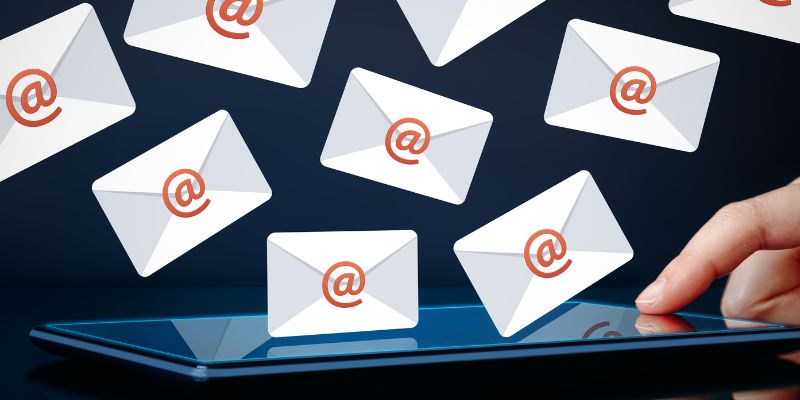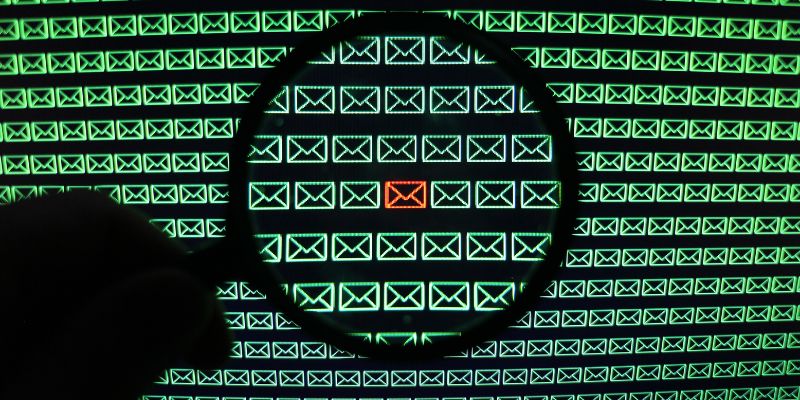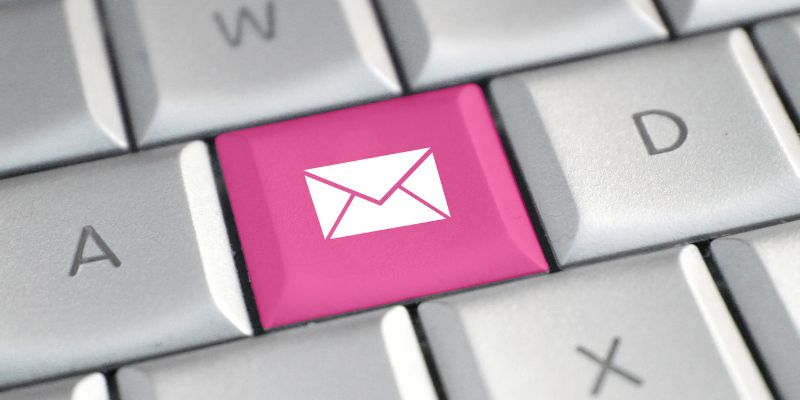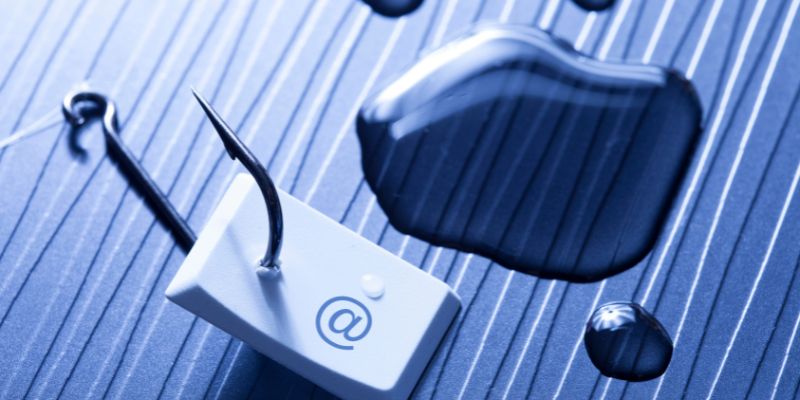
Getting emails from websites with web scraping software is frowned on but many still do it. Is it ethical to use software to get emails from web pages?
Let's face it, none of us enjoy receiving email spam. Unfortunately, it's a fact of modern life that spammers will continue to do what they do.
One of the techniques used by spammers to build email lists is that of scraping (or harvesting) web pages to build databases of email addresses. These lists are often the fuel in the engine that drives the many individuals that make up the general, global spam machine.
So, scraping or harvesting emails from The Web is a bad thing? The answer is perhaps not so clear cut. For sure, automatically scraping email addresses from the web can be a bad thing if the intent is to use the emails for nefarious purposes such as sending UCE (otherwise known as spam). However, it is the intent of what the extracted data is used for that is "bad" and not necessarily the activity of extraction / scraping / harvesting itself.
Example Of Positive Uses For Scraping Web Pages For Email Addresses
Automation in extracting email addresses from unstructured data sources such as web pages can add efficiency and time savings to otherwise boring, mundane and error prone tasks.
Speed Up Keeping Your Contact Database or CRM System Current
Does your business have a database of details for individuals or companies that you deal with on a regular basis? If yes, you will know that it's important to keep contact details up to date. Companies or individuals can change email addresses regularly. To stay on top of these changes can be challenging. Many companies keep a current list of key contact emails available on their website.
Using website information to keep on top of your contact database is a great idea. Unfortunately, it can be challenging to manually scan a web page for relevant email addresses. Pages with email addresses typically contain much additional, irrelevant information such as pictures, words, paragraphs, disclaimers, policy statements and such like that make the task of finding email addresses both difficult and error prone.
Using email extractor software to filter data from a web page can make the process a lot smoother and increase the accuracy of getting to the information that you need - email addresses.
Conclusion
Scraping / harvesting / filtering web pages for email addresses is neither "good" or "bad". It is the intent of what to do with the extracted data that is important when assessing whether it is generally ethical to use email scraper services.
This article has shown how one application of automated email extraction is somewhat dubious in overall value (i.e. uses for UCE), whereas another example use case (e.g. keeping on top of contact details for a CRM system) can be useful and provide time and accuracy efficiencies to businesses wishing to use public web pages as a resource to keep internal databases up to date.
Therefore, to answer the question whether scraping the web for emails is ethical, the answer has to be that it depends on overall intent with regards to the data extracted which I suppose ultimately comes down to personal choice and beliefs. Stating that scraping the web for emails is generally "bad" over-simplifies the argument and is not an accurate representation of the usefulness of the automation technology available.
Keep your email data clean with Email Hippo
Use our email address list checker to dramatically improve email marketing results and reduce bounce rates. CORE identifies email addresses in your data, checks them, keeps your data in the right order and gives clear results. It gives you all the information you need to make the most of your emails.





